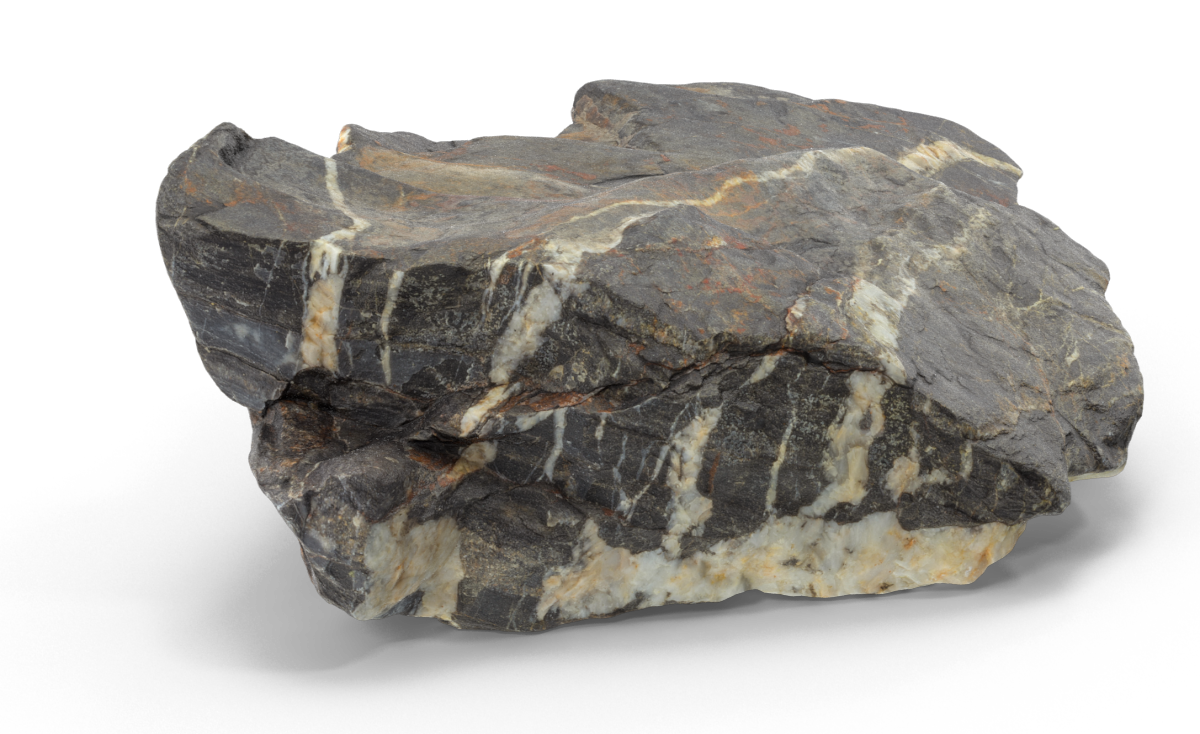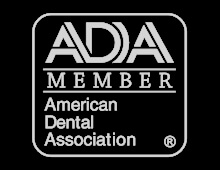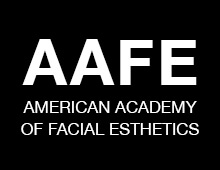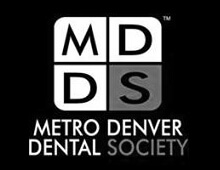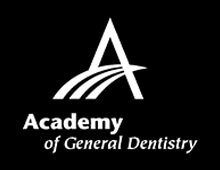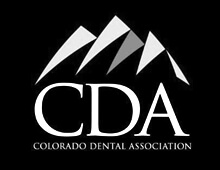After your tooth extraction you may be experiencing some muscle soreness and wondering- is this normal? The answer is yes, muscle soreness and tenderness after an extraction is very common. With any dental procedure, some soreness or tenderness afterwards is to be expected. After a tooth extraction, which is a more invasive surgical procedure, it’s very common for your muscles to ache or be sore for a few days.
During the procedure, it is necessary for your mouth to be held open so the dentist or oral surgeon can work properly. Many times, a tool called a “mouth prop” is used to keep your mouth open. A mouth prop is a device that sits on one side of your mouth, usually the opposite side of the one being worked on, and allows the patient to rest their jaw on it to “prop” their mouth open instead of having to hold their jaw open without assistance. It is also helpful at preventing trauma from occurring elsewhere in your mouth. Even with this helpful tool, the jaw and face muscles can still become sore and achy due to the amount of time being held open.
Also depending on which tooth is being extracted, pressure is applied to get the tooth out which can cause muscle soreness afterwards, similar to a bruise. Some extractions are more difficult than others and require more “pressure” to be used in order to get the tooth out. The injection site from the anesthetic can also be sore, including the tissue surrounding the extraction site. All of these factors combined can contribute to muscle soreness.
The best thing to do to combat muscle soreness is to take an anti-inflammatory medication such as ibuprofen (Advil) and keep ice on the site for the first 24 hours after extraction. A post op follow-up visit within 2 weeks of the extraction is standard practice to check on the healing. If you experience severe muscle pain that lasts longer than a few days after your extraction, please be sure to contact us right away.
